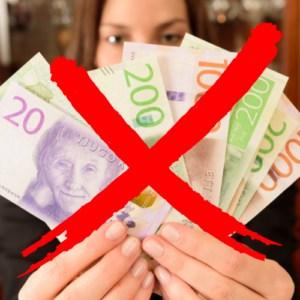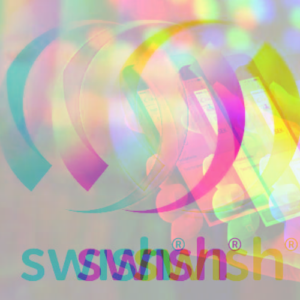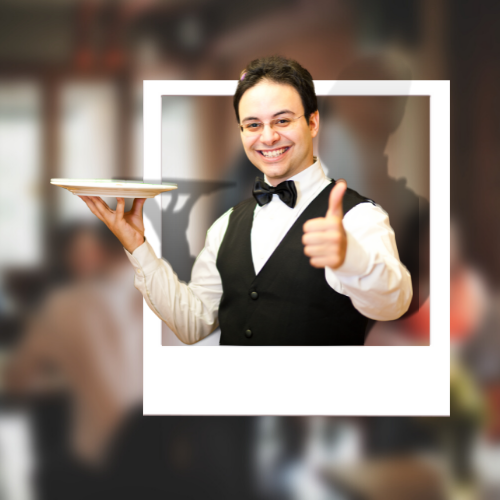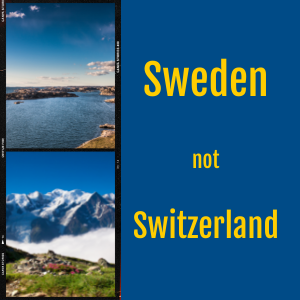How it started
Sweden has always been at the forefront of technology and banking innovations. They introduced their first automated cash machine in July 1967. They got their first payment cards in the 1950s, digitalized bank accounts in the 1960s, and developed internet infrastructure and internet banking in the mid-90s.
But the real movement toward a cash-free society started with a robbery in 2009.
On September 23, 2009, at 05:15 AM what is now known as the Västberga helicopter robbery took place.
A cash depot belonging to the British firm G4D was robbed. The robbers used a stolen Bell 206 Jet Ranger helicopter and landed on the roof of the depot. Three people then broke the pyramid-shaped and reinforced glass window with sledgehammers and climbed down. They broke into the vault using explosions and filled up their bags with approximately 4.3 million US dollars in cash. They then climbed back up and left in the helicopter. Seven people were later arrested for the robbery but the money has never been recovered.
None of the employees in the building was hurt, but this robber, where cash was the aim, some worker unions in Sweden started to campaign against cash as a way to protect their workers.

Why is this working in Sweden?
There are three driving aspects of the movement toward a cashless society in Sweden
- A consumer-driven change
- Public sector support
- Privat sector innovations
In 2010 40 % of the Swedes reported using cash for recent purchases, that number has sunk to 13 % in 2018. Compare this to the US where around 70% of Americans still use cash on a weekly basis.
One of the reasons why Swedes have such trust in electronic payments goes back to 2003 when Swedish financial service providers collaborated to develop the Bank ID, a computer-based electronic identification system. Users were issued a unique 6 digit code, an identification to improve security when making payments.
The system has developed over time and is now a mobile app used by 94% of Sweden’s population. BankID is today recognized alongside documents like passports and driver’s licenses.
In 2012, the six largest banks in Sweden worked together and built an instantaneous mobile payment platform known as Swish.
Swish is today mostly used to transfer money between friends and family, and all you need is a BankID, a bank account, a smartphone with the Swish app.
For example, you go out to dinner with a few friends, and as almost always in Sweden you split the bill. One person pays the bill, either with a credit or pay card or with his Swish, and all the others take out their phones and with just a few clicks they have all transferred their share of the check to the person who paid. This method of payment has become so common that the Swedes now use the verb to Swisha some money to someone.
A small number of Swedes have taken the technology even further. An entrepreneur, Jowan Österlund, and his company Biohax have developed a microchip, the size of a grain of rice, that can be inserted under the skin of a person’s hand. The chip can contain all your information like BankID, Swish, and much much more. Around 5000 Swedes have the chip implanted.

No cash at stores and bank branches
Even though cash is a legal tender in Sweden many stores, coffee shops, and even banks don’t accept cash anymore. And you may ask how is this possible?
This has to do with Sweden’s legal framework. Contract laws have higher precedence than banking and payment laws. If a store puts up a sign that they don’t accept cash, then you as a customer have entered a contract or an agreement with that store as you enter, and can not use cash.
Most Swedish bank branches are cash-free as well. If you want to deposit or withdraw cash you have to use an ATM, or make an appointment several days ahead and inform them that this is a cash transaction.
The Swedish central bank, Riksbanken, has started a project to develop its own digital currency called the e-krona. The e-krona would offer the general public continued access to state money issued by the Riksbanken but in a digital form.
The system would act together with the existing cash and 1 e-krona would be valued the same as 1 krona in cash.
The Riksbanken started analyzing the need for an e-krona in 2017, and in 2020 they introduced their pilot project which is still ongoing.
The reasons why this has worked so well in Sweden and developed so fast are several. First, Sweden has an extremely fast adaption of internet technologies subsidized by the government in the 1990s. Sweden has today 100 % mobile coverage, which makes mobile payments easy.
Swedes also have, in general, a very good relationship with the government and trust the government and the banks.

But is it all good?
So far we have focused on convenience and increased security, but there is also a negative side to the cashless society.
But there are concerns, concerns for the elderly with dementia. Concern about an increased divide between tech-savvy young people and the elderly.
People in rural areas are also at a disadvantage since they might have a long distance to the closest ATM if they need to deal with cash.
It has also been pointed out the importance of cash when it comes to enabling people who experience domestic abuse to hide cash away if their abuser has control over their bank account.
Another disadvantage is that everyone can be traced and that we will lose our privacy. Many argue that we already have given up on using social media. On the other hand, the possibility to trace can also lead to an easier way to trace crimes, and maybe even block some of them.
My final thoughts
So is Sweden on its way to becoming a cashless society? I don’t think they will ever totally get rid of cash, but with the Riksbankens’ development of the e-krona, it is definitely moving toward a less cash-dependent society. Whether this is a positive or negative you have to make up your own mind about but I think this development is hard, if not impossible, to stop.
In my next episode, we will talk about something much lighter, Easter and Easter traditions.
Until then, as we say in Sweden
Hej Då!




